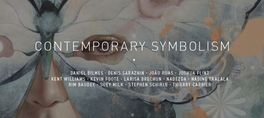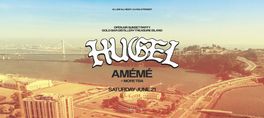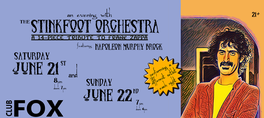Leaving Nazi Germany for Hollywood in 1935, Fritz Lang left behind the epic superproductions of his Weimar-era career (featured at BAMPFA last winter) but brought the angst and shadows of German Expressionism with him to California, where, along with other European emigres, he helped to hone what was later dubbed film noir. This series consists of films both made and set in the United States; here, Lang replaced the cosmopolitan crime syndicates, science fiction, and mytho-historical subject matter of his German films with stories of thwarted aspiration and frustrated desire played out in suffocating small towns and alienating urban environments that reflected the psycho-sociopolitical landscape of contemporary America. His first American film, Fury, was an aptly titled expression of anger at homegrown vigilante injustice, and for the next twenty years he explored the psychological fallout of systemic inequality, corruption, and crime. Lang’s flawed protagonists are all but helpless in the face of social forces that have created them, and despite whatever resistance they muster, they are ultimately compelled to meet their fates. But still they try to defy the limitations that society dictates: from Sylvia Sidney’s determined ex-con in You and Me to Edward G. Robinson’s bank teller and aspiring painter in Scarlet Street to Gloria Grahame’s gangland survivor in The Big Heat, Lang’s American films are full of unforgettable characters whose interior struggles are as palpable as the material ones they face in life.
Kate MacKay, Associate Film Curator
show less
Kate MacKay, Associate Film Curator
Leaving Nazi Germany for Hollywood in 1935, Fritz Lang left behind the epic superproductions of his Weimar-era career (featured at BAMPFA last winter) but brought the angst and shadows of German Expressionism with him to California, where, along with other European emigres, he helped to hone what was later dubbed film noir. This series consists of films both made and set in the United States; here, Lang replaced the cosmopolitan crime syndicates, science fiction, and mytho-historical subject matter of his German films with stories of thwarted aspiration and frustrated desire played out in suffocating small towns and alienating urban environments that reflected the psycho-sociopolitical landscape of contemporary America. His first American film, Fury, was an aptly titled expression of anger at homegrown vigilante injustice, and for the next twenty years he explored the psychological fallout of systemic inequality, corruption, and crime. Lang’s flawed protagonists are all but helpless in the face of social forces that have created them, and despite whatever resistance they muster, they are ultimately compelled to meet their fates. But still they try to defy the limitations that society dictates: from Sylvia Sidney’s determined ex-con in You and Me to Edward G. Robinson’s bank teller and aspiring painter in Scarlet Street to Gloria Grahame’s gangland survivor in The Big Heat, Lang’s American films are full of unforgettable characters whose interior struggles are as palpable as the material ones they face in life.
Kate MacKay, Associate Film Curator
read more
Kate MacKay, Associate Film Curator
show less
Date/Times:
Berkeley Art Museum and Pacific Film Archive (BAMPFA)
29 Upcoming Events
2155 Center Street, Berkeley, CA 94720
The Best Events
Every Week in Your Inbox
From Our Sponsors
UPCOMING EVENTS
Great suggestion! We'll be in touch.
Event reviewed successfully.








